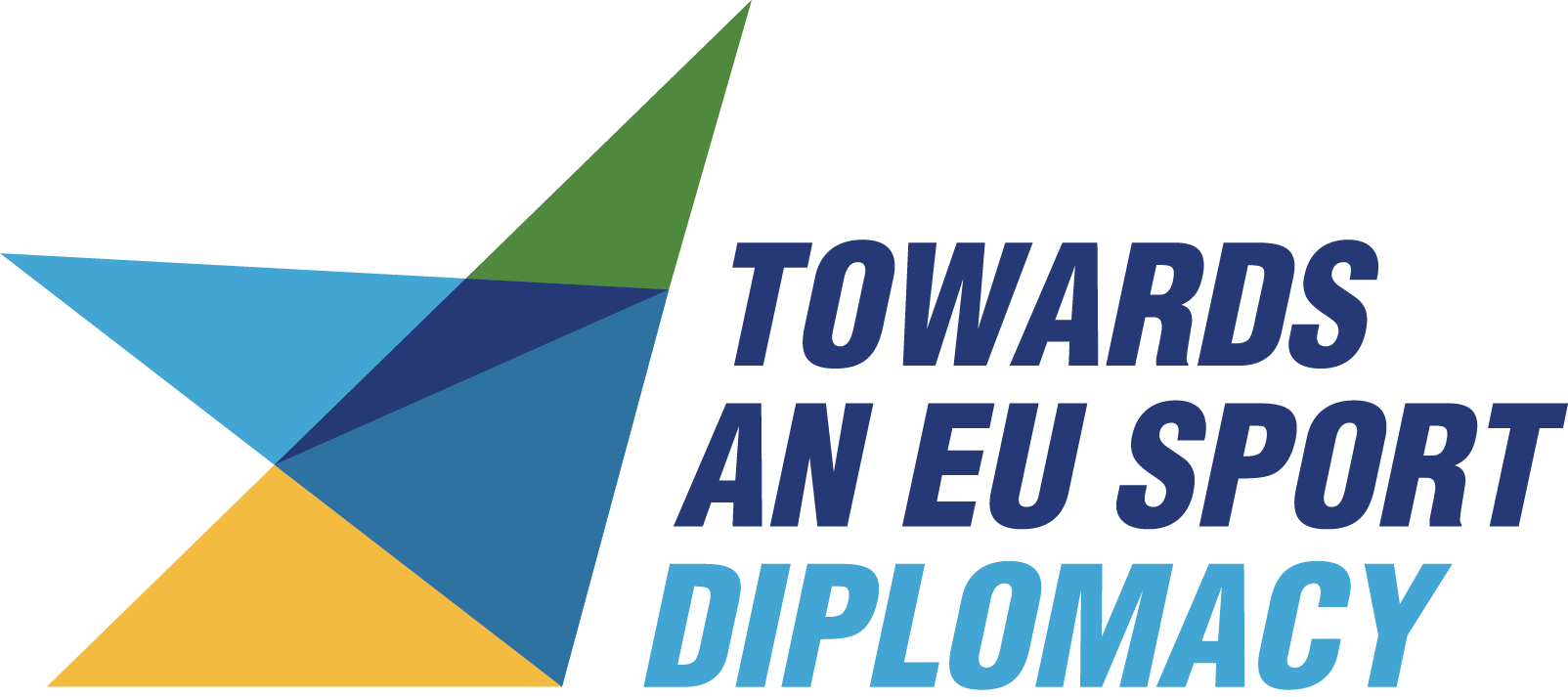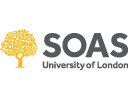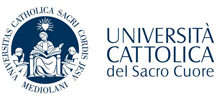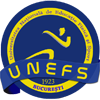
WHY Sport Diplomacy?
Sport has become a popular tool of soft power. It today serves as a means through which nations can improve their international reputation while building new political, cultural and economic bridges between countries. In the process strategies have been built around the concept of “sport diplomacy”.
Victories in international sport are often framed by the winners’ nations as a symbol of their overall success, going well beyond the field of sport. However, although governments often lay at the heart of sport diplomacy initiatives, other non-political actors also take part. Indeed, objectives and actors of sport diplomacy vary widely. Actors range from the grassroots to professional levels, from people to private sectors, from civil society based sport associations to public authorities.
Sport diplomacy is traditionally framed in terms of the hosting of mega-sport events, financial investments in sports clubs and infrastructures abroad, or exchanges programs between athletes across countries, but should not be limited to these sole strategies.
At the EU-level, sport is a relevant tool through which EU nations can build new relationships and strengthen their shared European identity. It can also be used on the international level, to improve EU external relations and global image in the world.
In the academia, sport diplomacy can stand on its own or fit within broader concepts of cultural and/or public diplomacy.
Considering the multi-faceted role of sport in diplomacy, it is essential today to provide a precise and all-encompassing definitions of sport diplomacy. In this sestion we are addressing a question WHY Sport Diplomacy is important? And we also provide few examples to understand different areas of diplomacy.
Why Sport Diplomacy?
Thierry Zintz, Professor at the Faculty of Sports Sciences of the Université catholique de Louvain (Belgium), inscribes the concept of sport diplomacy within its broader political and historical contexts. By giving a broad definition and examples, this video serves to set principles of Sport Diplomacy.
Why Sport Diplomacy?
Discussion with Tanguy de Wilde d’Estmael
Thierry Zintz, Professor at the Faculty of Sports Sciences at the Université catholique de Louvain (Belgium), interviews Tanguy de Wilde d’Estmael, also a professor at at the Université catholique de Louvain, who specialises in inter-state diplomacy. In the interview, the two diplomacy specialists further explore the concept of sport diplomacy and its implications.








